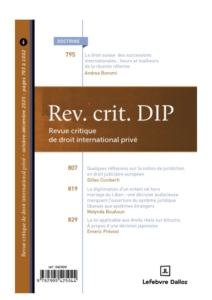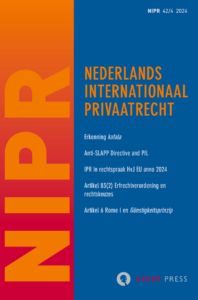The private international law experts from the University Rovira i Virgili (URV-Tarragona) and the University of Lleida (UdL) together with the Notarial Association of Catalonia, are organizing I INTERNATIONAL CONFERENCE ON THE REVIEW OF REGULATION (EU) 650/2012 AFTER TEN YEARS OF APPLICATION.
– The deadline for receiving abstracts has been extended until 29 September 29 2025.
– The scientific committee will decide on the acceptance on 14 October 2025.
– The conference will take place in Barcelona, on 11 and 12 of November 2025.
The call is open for any of the main thematic areas: scope, definitions, jurisdiction, applicable law, recognition, enforceability and enforcement of decisions and documents, the European Certificate of Succession and other complementary provisions. Communications accepted will be presented in person during the seminar for approximately five or seven minutes each. Applications to present a communication proposal must meet the following requirements: identification of the author and his/her academic category, the subject to which the paper belongs, the title of the communication, an abstract of the communication, which should be between 300 and 500 words in length.
The application should be sent to: reglamentosucesiones@urv.cat
Communications will be selected according to their relevance in terms of the chosen thematic area; quality in the treatment of the topic and originality.
This Conference is part of the research project: “The review of Regulation 650/2012, in matters of succession: application assessment and proposals for amendments”, which is funded by the Spanish Ministry of Science, Innovation and Universities (reference PID2023-149454NB-I00). The duration of the project is four years (2024-2028) and this Conference is the first international scientific meeting planned among the project activities.
More information i available at the official web page.




